
Dispatches, United States
Will The United States Change Its Approach To The War On Drugs?
June 14, 2011 By Molly OToole
NEW YORK — At one end was the famed silver mane of British entrepreneur Richard Branson, across the table were dignitaries and public health experts from Western Europe, but it was Latin American leadership that sat front and center for the Global Commission on Drug Policy.
Commissioners César Gaviria and Fernando Henrique Cardoso, who chairs the Commission, introduced a report last Thursday in New York demanding an end to the world-wide “War on Drugs” and a reformed policy approach. Their position at the head of the panel reflects the reality that that war’s epicenter remains in Latin America. It is in countries like those of the former presidents, Gaviria’s own Colombia or Cardoso’s Brazil, that the failures of that war have been mostly deeply felt.
Though a number of the reforms recommended by the Commission have been debated for several years, the report it delivered to the UN on Friday comes with an unprecedentedly broad endorsement. The Commissioners hail from 15 countries, former and current government positions, the UN, NGOs, and the health, security, business and even literary realms. Four are former presidents; three of Latin American countries —Cardoso of Brazil, Gaviria of Colombia, and Ernesto Zedillo of Mexico.
Cardoso and Gaviria were only two of several commissioners who spoke independently at the press conference introducing the report. The former presidents nearly took turns fielding questions during a question and answer session dominated by Latin American media, who frequently interrupted the event requesting statements in Spanish for their audience.
Listen to an interview with former Colombian President César Gaviria.
Gaviria Interview 1-2 by mollymotoole
Latin American leaders have emerged at the forefront of new research and thinking on how to combat the global drug trade, as part of a growing movement away criminalization to public health. Several countries have already begun to implement alternatives to the more punitive strategies of the “War on Drugs,” from decriminalization to legalization and regulation.
This has brought them — and the Commission — into conflict with the primary architects of what Gaviria calls the “prohibitionist” policies of War on Drugs: the United Nations, and in particular, the United States.
The war has been waged for half a century; in 1961, the United Nations initiated the UN Single Convention on Narcotic Drugs. Ten years later, President Ronald Reagan launched the U.S. government’s “War on Drugs” that continues to this day. Together, their end was a world without drugs, and the means to achieve it was a harsh crackdown on those involved in the production, distribution and consumption of drugs like heroin, cocaine, and cannabis.
About Molly OToole
Molly O’Toole has worked for a dozen publications, from Los Angeles Magazine and USA Today to current contributions at Newsweek International and The Associated Press. She most recently returned from three months in Mexico City, working for the AP and on her thesis about U.S.-Mexico relations. Molly earned her M.A. from New York University in the global joint master's program for journalism and International Relations. She graduated cum laude from Cornell University and is a native of San Diego, California.
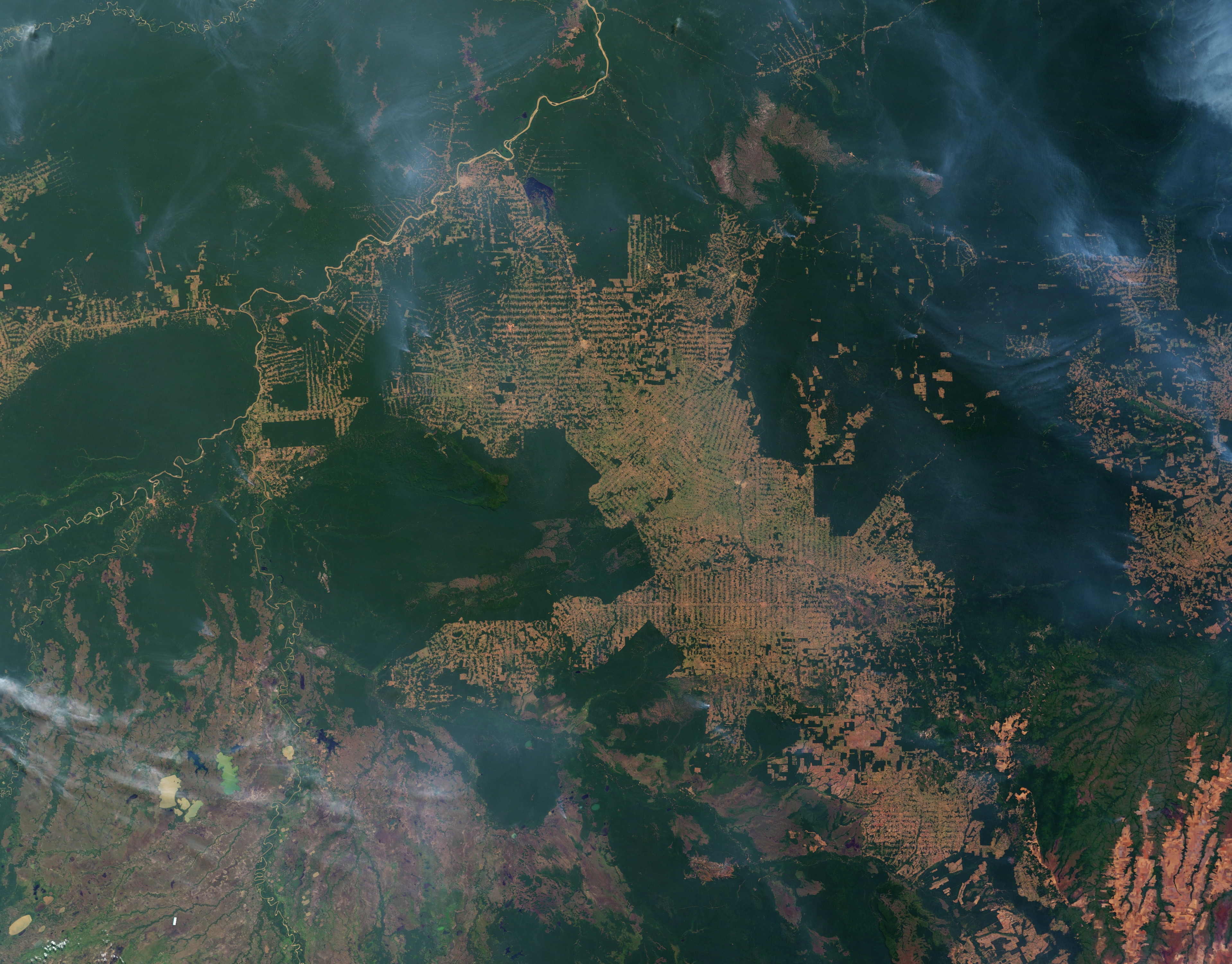
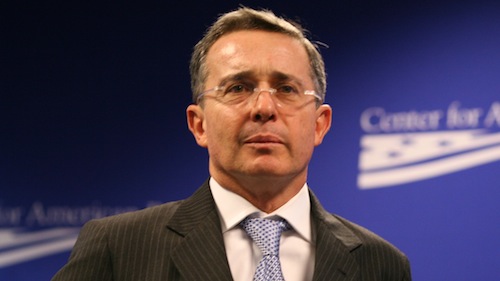
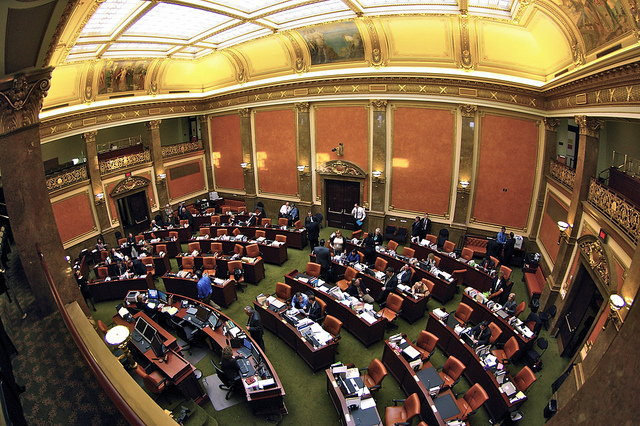

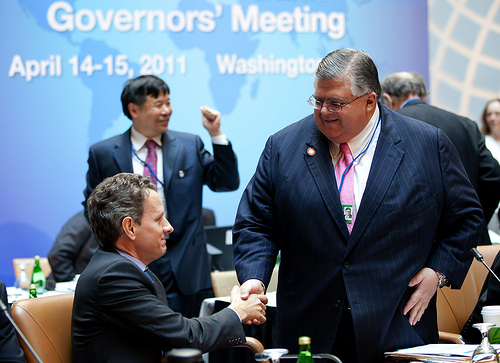
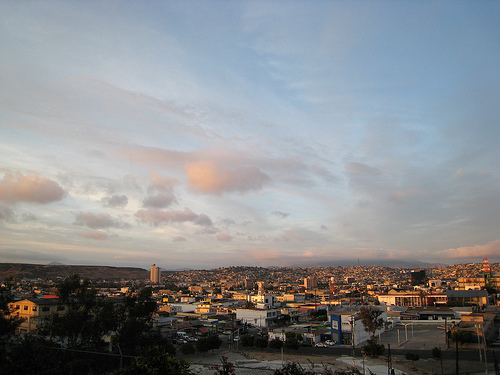
4 Comments
An important aspect of Individual freedom is the right to self-medicate, or to do with yourself as you please as long as your actions cause no unnecessary suffering or direct harm to others. Some among us may disagree with this, and they should be free to believe what they wish. But the moment they are willing to use force (paid for with our own hard-earned taxes) to impose their will on the rest of us, is the exact same moment that the petty criminals/dealers, the Mafia, drug barons, terrorists and corrupt government officials/agencies enter the equation. The problems created by any possible self-harm then rapidly pale into insignificance as society spirals downwards into a dark abyss, while the most shady characters and black-market corporate entities exponentially enrich themselves in a feeding frenzy likened to that of piranhas on ‘prohibition engendered’ bath-tub meth.
Every-time the ghastly consequences of prohibition are falsely blamed on the users, it diminishes the culpability of those who are truly responsible for maintaining the status quo. Prohibition is an absolute scourge -the end! The use of drugs is NOT the real problem, the system that grants exclusive distribution rights to violent cartels and terrorists IS.
When governments prohibit drugs they effectively and knowingly hand a monopoly on their sale to dangerous criminals and terrorists. Without a legal framework in which to operate, these black-market entities can always be expected to settle their disputes violently, while terrorizing many peaceful and innocent citizens in the process. Were the users of alcohol to blame for the St Valentines massacre in 1929? Of course not! It is just as naive to assume that one can compel all the users of Marijuana or Cocaine to simply quit, as it is to assume that all the users of Alcohol should have stopped drinking after the introduction of alcohol prohibition in 1919.
Nobody can be expected to obey bad laws, like ones that infringe on logic as well as the fundamental right to decide on what medicine or poison an individual adult may, or may not, ingest. The corruption, violence and death ultimately arising from such bad public policy should always rest squarely on the shoulders of those ignorant imbeciles who are responsible for implementing and supporting such foolishness.
Prohibition is nothing less than a grotesque dystopian nightmare; if you support it you must be either ignorant, stupid, brainwashed, insane or corrupt.
I vote to completely remove drug prohibition and apply a regulatory structure similar to alcohol.
I have not heard of a single reason as to why drug prohibition should remain.
That’s my vote!
I have little to add to Malcolm Kyle’s excellent comments (love that analogy to the St. Valentine’s Day massacre) except to toot my horn, if I may, by saying that the Council on Hemispheric Affairs recently said some very nice things about my book, Letter to a Prohibitionist, a revised edition of which just went up at Amazon.com only a couple of hours ago (you can read the COHA blurb there).
Yes, the possibility of self-harm pales in comparison to the violent underground market created by Prohibition II. American sure love sequels — and there’s no question that Prohibition II, a sequel that now spans the world (but created in the United States) is worse than the first installment from the 1930s. And as for any tender-hearted readers who may object to his anger, Kyle’s “ignorant imbeciles” is not too strong a term to describe prohibitionists. It’s perfect, actually.
Living near Juarez, the most violent city in the world, and a microcosm of the worst aspects of the ‘war on drugs,’ it becomes more evident every day that the punitive paradigm guiding American drug policies is an absolute failure. Politics play an important role here, just as corruption in Mexico greases the machinery of the protracted campaign of president Felipe Calderon’s misguided war. The surge in deaths, to the tune of 40,000 since Calderon’s mimicry of Richard Nixon began in 2006, are undeniable evidence of a poorly premised strategy. Agencies under the auspices of Homeland Security have only one answer, and that is to continually raise budgets. All the while their effectiveness diminishes, and the police state they have built in the borderlands does nothing more than exacerbate resentment. Remove the profit incentives, and the cartels will be toast. A great quote from the movie ‘Traffic,’ says: “If there is a war on drugs, then many of our family members are the enemy. I don’t know how you wage war on your own family.” By turning the Mexican military on the civilian population, that is precisely what Calderon has done. Nixon, Reagan, and Bush Sr. did the same thing, creating a war with no strategy for its ending.
Comments are closed.